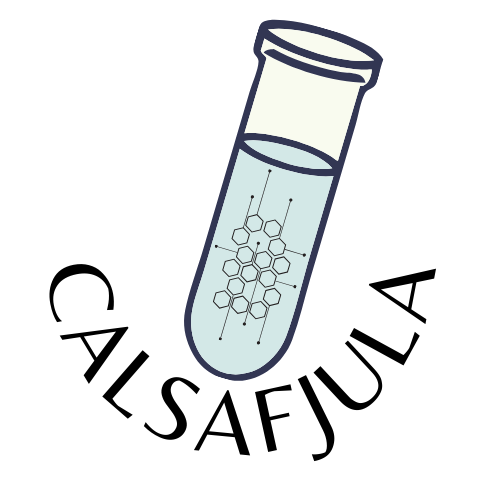How to Hire in STEM Without Creating a Costly Mismatch
5 Minute Read

Hiring for STEM roles isn’t just about resumes and credentials. It’s about solving the right problem—with the right person—at the right time. And yet, across biotech, engineering, and advanced research sectors, too many teams are burning time and money on mismatched hires.
So how do you prevent it? Here’s what works:
1. Define the Problem, Not Just the Job Title
Instead of hiring for “Data Scientist,” start with:
“We need to reduce our time-to-insight on clinical trial data by 40% in the next 90 days.”
When you define the mission, you unlock better candidates and clearer screening criteria.
2. Use Challenge-Based Hiring
Before you bring someone on full time, let them solve a piece of your real problem.
Host a micro-challenge or sprint:
• 1-week mini project
• Time-boxed code or analysis
• Paid trial engagement
This de-risks the hire and lets both sides test fit.
3. Screen for Team Fit, Not Just IQ
Great STEM work often fails not because of the science—but because of misaligned communication, feedback styles, or leadership expectations.
Ask questions like:
• “How do you handle ambiguous requirements?”
• “What’s your decision-making process under tight deadlines?”
• “When was the last time you changed your mind about a hypothesis?”
4. Prioritize Adaptability Over Pedigree
Experience in a fast-paced, iterative environment often outweighs the name of a past employer. Especially in innovation-heavy roles, you need people who can learn and unlearn quickly.
5. Use Events to Surface and Evaluate Talent
Innovation challenges, hackathons, or even think tanks are great for seeing how someone thinks, collaborates, and contributes under pressure. It’s hiring and problem-solving in one strategic move.
Mismatch Isn’t Just a Hiring Issue—It’s a Strategy Problem
If your hiring pipeline isn’t aligned with your project pipeline, you’ll get costly misfires.
Hire based on mission. Evaluate through action. And build the team around the problem.
📩 Need help designing a STEM hiring process that avoids mismatch and accelerates innovation? Email me at casim@calsafjula.com to schedule a meeting if you need help or want to hire me to do it for you.









